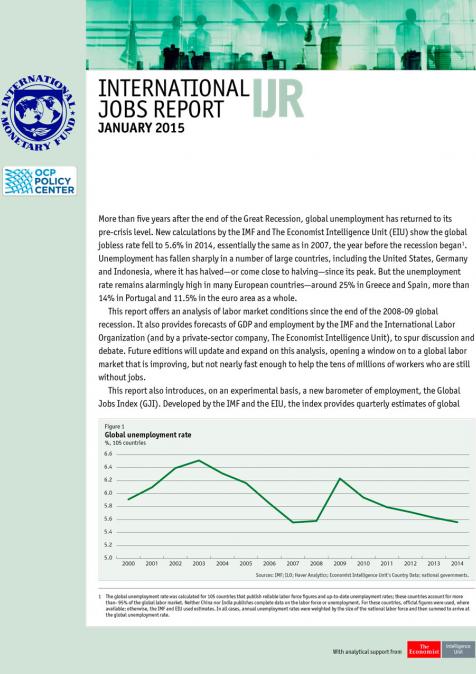Podcasts
Africa's Debt Dilemma Unveiled
Related topics:
Christopher Adams from Oxford University shares his expertise on Africa's economic landscape. He highlights the significant strides African governments and central banks have made over the past two decades in financial management while addressing the challenges posed by global events such as China's economic slowdown, the COVID-19 pandemic, and the Russia-Ukraine conflict. In this engaging conversation, Adams explores innovative financing solutions, the critical role of central banks, and the importance of balancing fiscal policy with economic growth. He also delves into the complex dynamics of international debt and how global institutions can help Africa de-risk investments to mobilize private capital for green finance and sustainable development.







